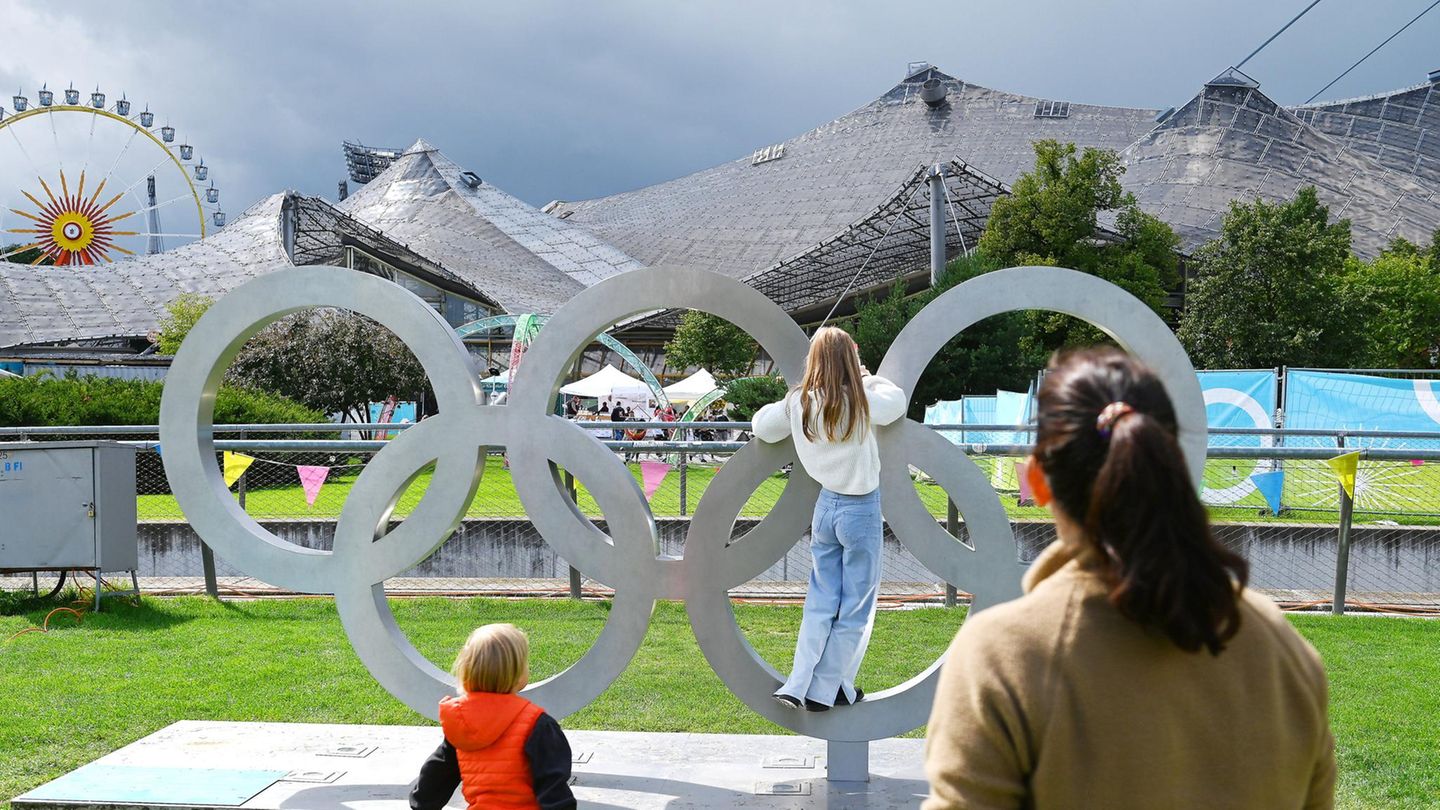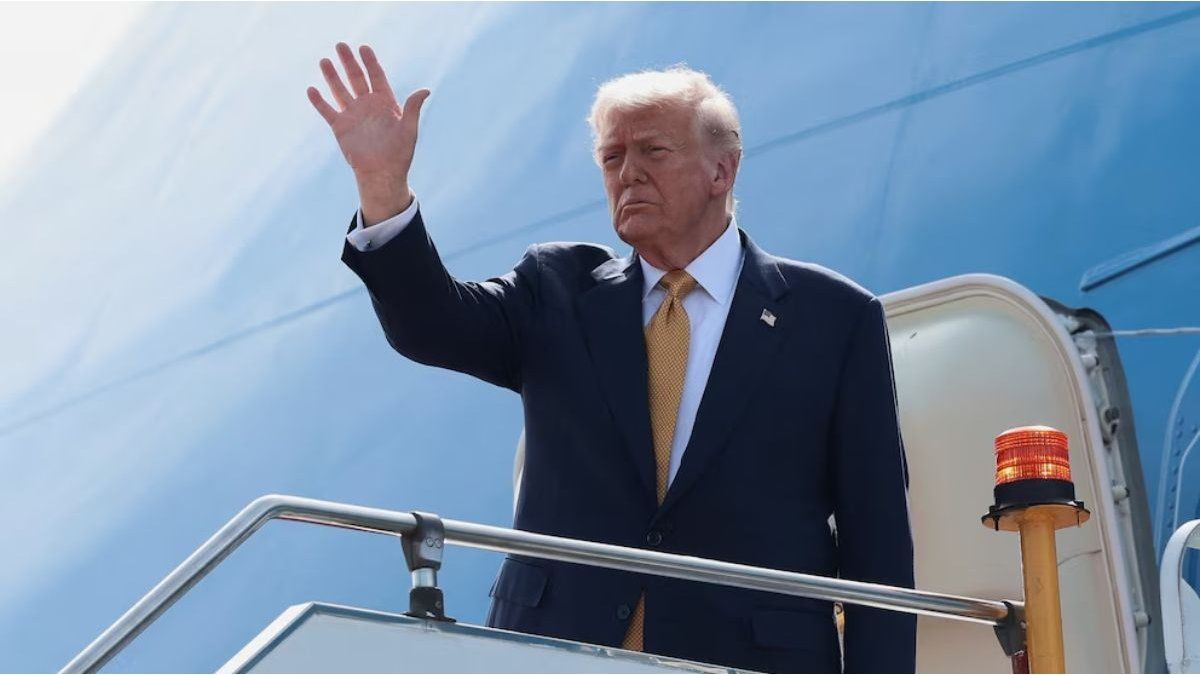“This work seems to me fundamental for the history of the genre, since it is the first album dedicated entirely to the music of Osvaldo Ruggiero and has the characteristic of not being an album of transcriptions but of vindicating his legacy as an artist who was always at the forefront one of the most played avant-garde battle games”, said Adrián, bandoneonist, composer and guitarist.
The album, produced by Daniel Ruggiero, includes compositions for typical orchestra, with original arrangements written especially for this recording, and its title refers to the phrase that was repeated to Osvaldo Ruggiero when he played as a bandoneon player in the Osvaldo Pugliese orchestra (from 1939 to 1968), due to his interpretive strength, his particular way of accentuating and phrasing with his instrument.
With eight bandoneonists invited as soloists and conductors of the orchestra, plus a guest singer -Ariel Ardit on the recording and Walter “El Chino” Laborde in tomorrow’s concert at the Caff (Sánchez de Bustamante 772)-, “Rompelo Tano”, includes the premiere of “Cahita”, a hitherto unpublished work by the renowned artist, arranged and directed by his son Daniel.
Osvaldo was a founding member of the Osvaldo Pugliese orchestra in 1939, where in 1943 he became first bandoneon player and recorded his own compositions and arrangements. He played in the ensemble until 1968, when he founded it together with his companions. former members of the Osvaldo Pugliese Orchestra, the legendary Sexteto Tango.
Fulvio Giraudo and Adrián Enríquez on piano, Emilio Longo on double bass, Nicolás Velázquez, Sofía Calvet, Federico Santisteban on bandoneons, César Rago, Augusto Sourigues, Ornela Restifa and Bruno Franco on violins, Gustavo Barahona on viola and Jacqueline Oroc on cello Also. The bandoneonists Horacio Romo, Ramiro Boero, Bruno Ludueña, Natsuki Nishihara, Rodrigo Avalos, Mariano Gonzáles Calo, Adrián and Daniel Ruggiero participate as guests.
Télam: A tribute to your father, Osvaldo Ruggiero, made from music, is the best recognition that could be made 100 years after his birth. Do you see it that way?
DR: Surely it is the tribute that is closest to his work ethic, an album, exclusively of his works, with new arrangements, where the youth and experience of many of the album’s participants are combined, and of course, as a premise fundamental, a space of freedom to express their personal way of feeling this repertoire.
AR: Personally I feel that his legacy goes beyond the artistic, this album is the tribute that we are paying him now, and that we are making him visible, but his recognition is every day on the radio, in the tango houses, in the milongas and in the repertoire of the younger orchestras.
T: They both inherited their passion for tango, composition and the bandoneon, an instrument that both Adrián and you chose to play. Is it something that came naturally?
DR: Particularly, my approach to bandoneon and tango was undoubtedly inherited from seeing my old man play live, rehearse, share with the greats of the genre, something that I understood over the years. Until his death, we both studied guitar at the national conservatory, until the moment when my godfather, someone who was fundamental in my training, offered to pay for my studies with Pascual Cholo Mamone and that was my start on the bandoneon. Something similar to what happens with the musicians that make up “Rompelo Tano”, where the gesture of gratitude, to someone who in many cases they did not know personally, and who perhaps they have not seen in videos either, since there are few records, but who through their albums, and compositions marked each one of them with fire.
AR: Undoubtedly it is a ring that marks you on fire, once Mario Breuer in one of the recordings we made together told me that we represent a little piece of the suburb, dedicating oneself to tango is above all a militancy.
T: The album has a lot of power and a rhythmic force in many of the pieces. How was the work with the typical orchestra in which the bandoneon has an important place and is performed by great players of instruments, who participate as guests?
DR: From the call of the musicians who are members of the orchestra, to the guests, everyone expressed their desire to be and be part of this tribute.
The album was put together in a couple of general rehearsals and other partial ones, but the fundamental thing is to have musicians of this quality and ductility when interpreting new music without records to consult. Since the tribute was to my father. the interesting thing was to show many bandoneon players and arrangers, being an active part of this album, and leaving their personal mark. This is a tribute to new arrangements of legendary Pugliese-style tango works, and in many cases they are the first arrangements other than Pugliese’s originals.
T: In pieces like “Tiempo” there is a melancholy tone, how would you describe the spirit of this “Rompelo Tano”?
DR: The spirit of the album is that of a tango of great power, a lot of dynamics, and a very wide expressive arc, it goes from the lyrical and melancholic of “Tiempo” arranged by Bruno Ludueña, and Ariel Ardit on vocals, the joy of “Tremolina” in an arrangement by Natsuki Nishihara, the mysterious air of “Catuzo”, arranged by Damián Foretic, the outskirts of “Yunta de oro”, arranged by Mariano González Calo, to name a few of the songs, arrangers and climates that make up this tribute.
T: It also includes an unreleased song, “Chalita”; what can you say about it?
DR: Some time ago reviewing things for this tribute, we found a very old sheet music inside an old trunk of photos and press clippings, with a caption that said something like “Osvaldo I found this song in a drawer, it was misplaced there for more than 20 years I leave it in your hands because I remember that it belonged to you … greetings Osvaldo “. We infer that it is a song that was written for the Pugliese orchestra and that for some reason was never part of the repertoire, so I reviewed it, finished rounding out the ideas and it is part of this album. An intense and moving experience to work on an unpublished theme of my father.
Source: Ambito
David William is a talented author who has made a name for himself in the world of writing. He is a professional author who writes on a wide range of topics, from general interest to opinion news. David is currently working as a writer at 24 hours worlds where he brings his unique perspective and in-depth research to his articles, making them both informative and engaging.




